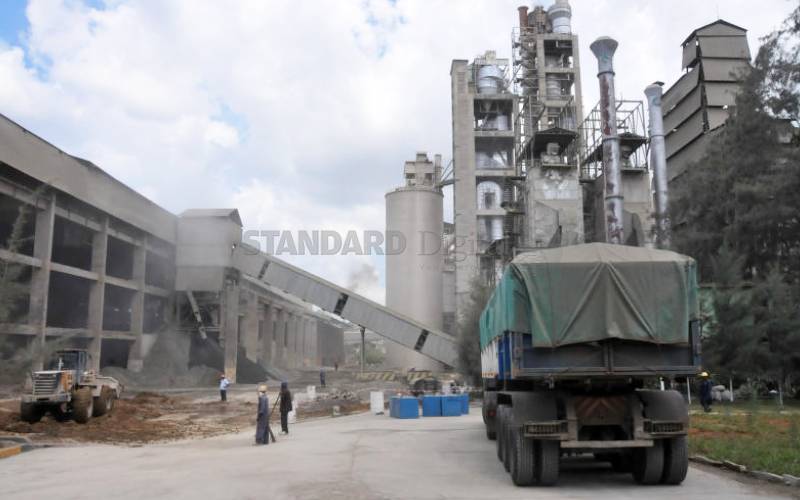×
The Standard e-Paper
Fearless, Trusted News

News that the manufacturing industry might not be able to reach its growth target of 15 per cent in 2022 is disturbing, especially to thousands of unemployed youths who have been banking their hopes on the sector.